A new coding club in Sunderland is helping teenagers develop digital and leadership skills as part of a programme run by the CodeBridge Youth Initiative.
Every Saturday, young people gather to learn coding, problem-solving and teamwork.
The scheme is the first UK branch of CodeBridge, a non-profit organisation originally founded in Nigeria by software engineer Michael Akinyemi.
The Sunderland club launched in 2024 and is part of the charity’s wider mission to build “structured pipelines” from digital literacy to employment for young people.
What makes the programme distinctive, organisers say, is its holistic approach. Alongside technical lessons, participants take part in exercises designed to strengthen leadership and collaboration.
Parents are also invited to monthly focus groups aimed at demystifying technology and helping families understand how to support their children.
Mr Akinyemi said the aim was to combine practical skills with personal development. “It’s not just about coding,” he said. “We want young people to gain the confidence to lead, to solve problems, and to see themselves as future innovators.”
The initiative has already attracted interest from families across the city. Parents say the focus groups have helped them better understand the opportunities technology can create for their children, while teenagers report improved teamwork and problem-solving skills.
Samuel Fikayo, 28, moved from Nigeria to the UK after joining the CodeBridge Youth Initiative. Now working as a data analyst, he said the programme helped him make the transition from a non-technical job into data analytics.
“Before joining CodeBridge, I was working in a non-technical role and felt stuck with limited career options,” he said. “The programme showed me that with consistent practice and mentorship, I could actually transition into data analytics. The CodeBridge mentorship also guided me towards moving from Nigeria to the UK to further my education, and I have since completed my master’s degree in computer science with distinction — an award I am really proud of.”
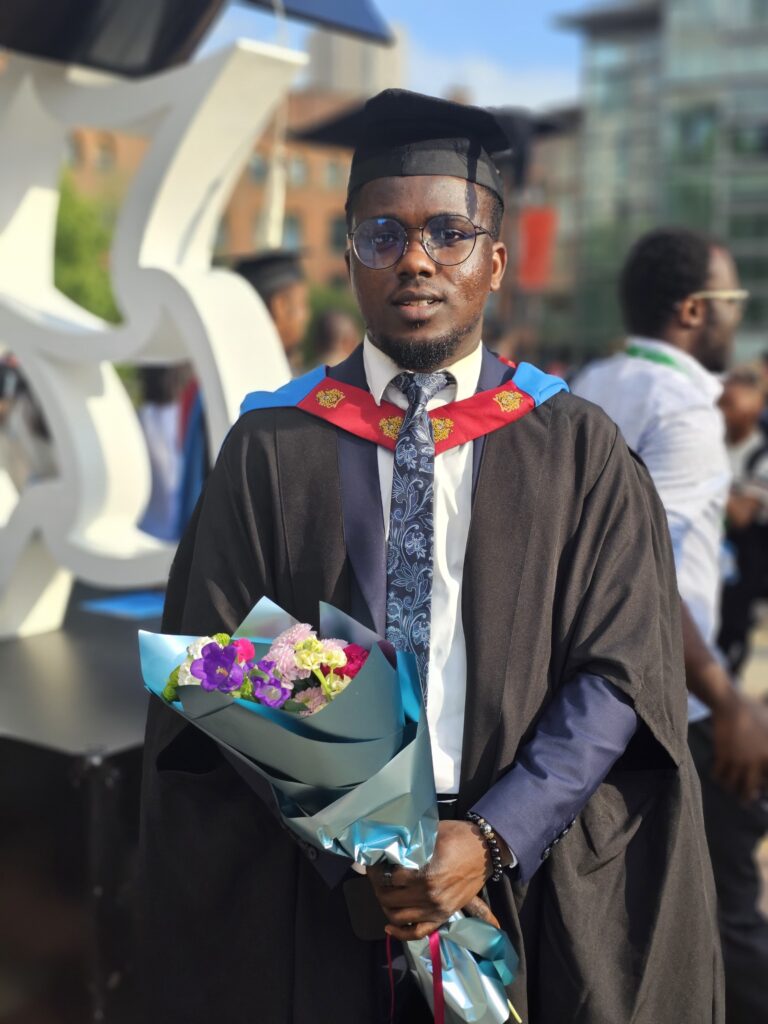
He described the club as a turning point. “One project that stands out was a small data-cleaning and visualisation project I worked on with fellow participants. It was the first time I felt like I was solving a problem that mattered, and it gave me the confidence to apply for roles where I could use these skills. The biggest change has been in teamwork. I used to feel anxious about collaborating, but I’ve become more confident speaking about my work, and I now enjoy working in teams.”
Ifedayo Awoniyi, 27, now a full-time backend engineer, said CodeBridge provided his first structured introduction to the field. “Before then, I dabbled in tutorials without clear direction,” he said. “Through CodeBridge, I realised I could specialise, and that motivated me to pursue backend development as a career path. Today, I am practising full-time, and I can honestly say the foundation I got from the club set me on this path.”
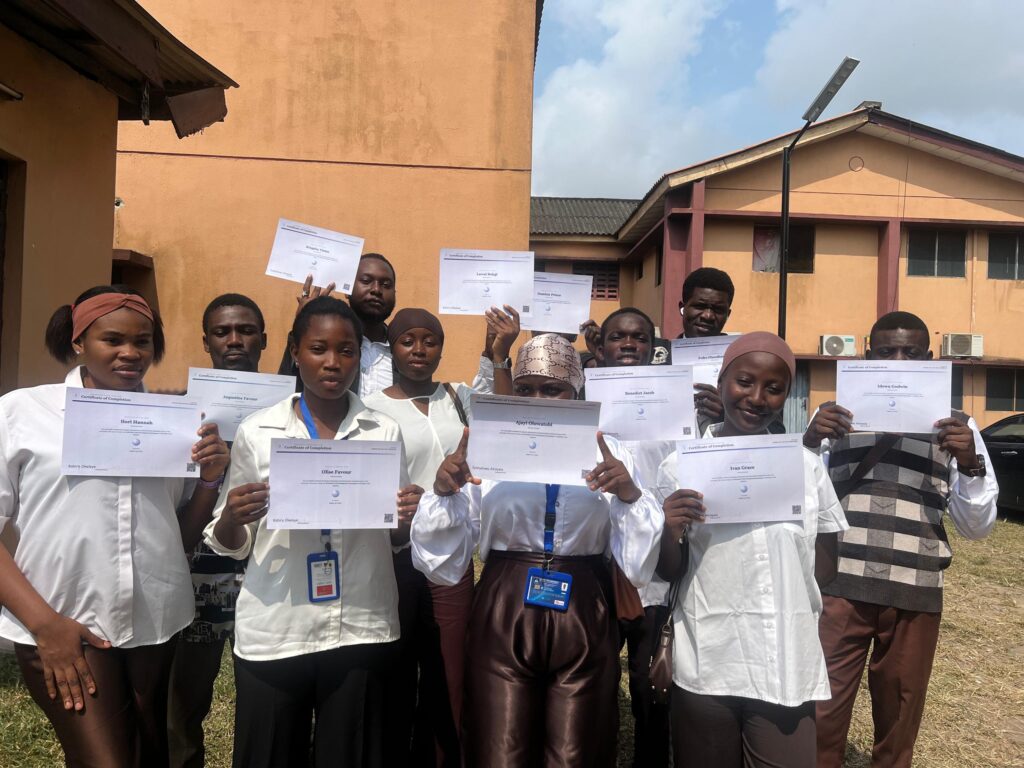
He pointed to a group project as a breakthrough moment. “I worked on the backend of a student attendance tracking system, building the APIs to log and retrieve records. When we demonstrated it to mentors, they praised the clean architecture and scalability. That was the important moment for me, I felt like a ‘real’ engineer contributing to a solution that could be used in schools.”
Mr Awoniyi said the mentoring part of the club was his highlight. “At first I doubted my abilities, but mentors pushed me to present my work and collaborate with peers. Over time, I became more confident explaining technical concepts and even started helping newer members. That confidence has carried over into my job, where I work more effectively in team settings and don’t hesitate to share my ideas.”
Parents have also seen changes at home. Jimm Anyanwu, a Sunderland father of two, said both his daughters had been involved in the coding club for just over a year.
“The difference it has made is remarkable,” he said. “Instead of spending all their free time on social media, they now spend evenings discussing projects, asking questions about technology, and even trying to teach me some of what they’ve learned. At school, their teachers have told me they participate more actively in class and show greater interest in computing and mathematics. They now talk confidently about the apps and games they hope to build.”
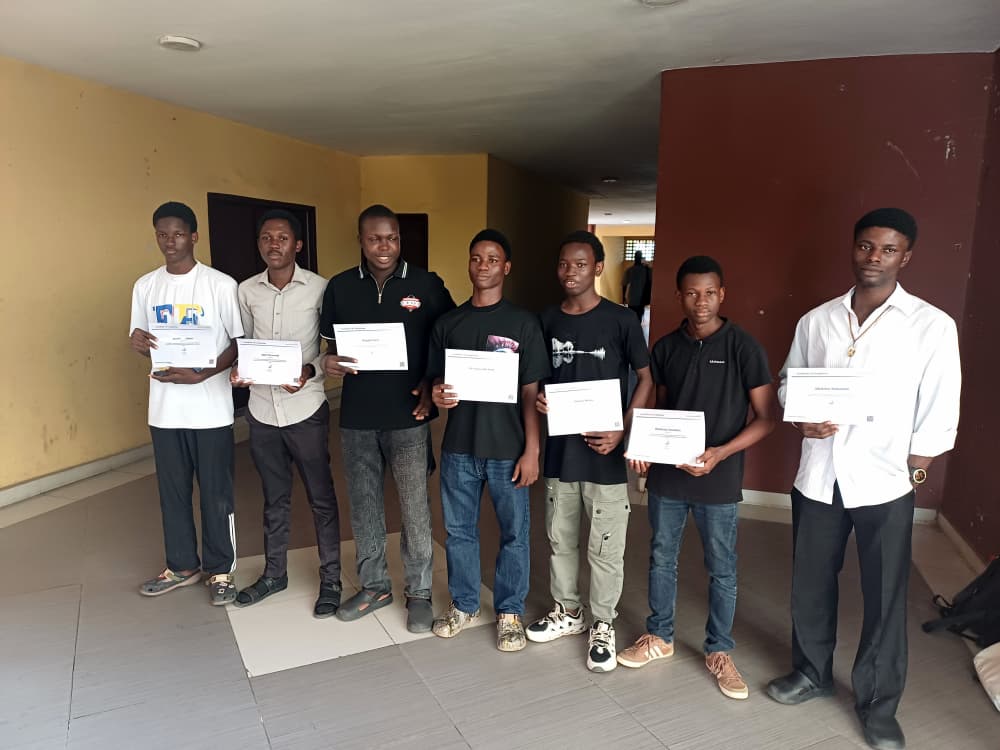
Mr Anyanwu said the change in their confidence was most striking. “They no longer see technology as something for other people but as a field where they belong and can excel. As a parent, seeing them dream bigger and believe in themselves has been the most powerful impact of all.”
Organisers of the Sunderland club say they hope it will serve as a model for similar initiatives across the North East.

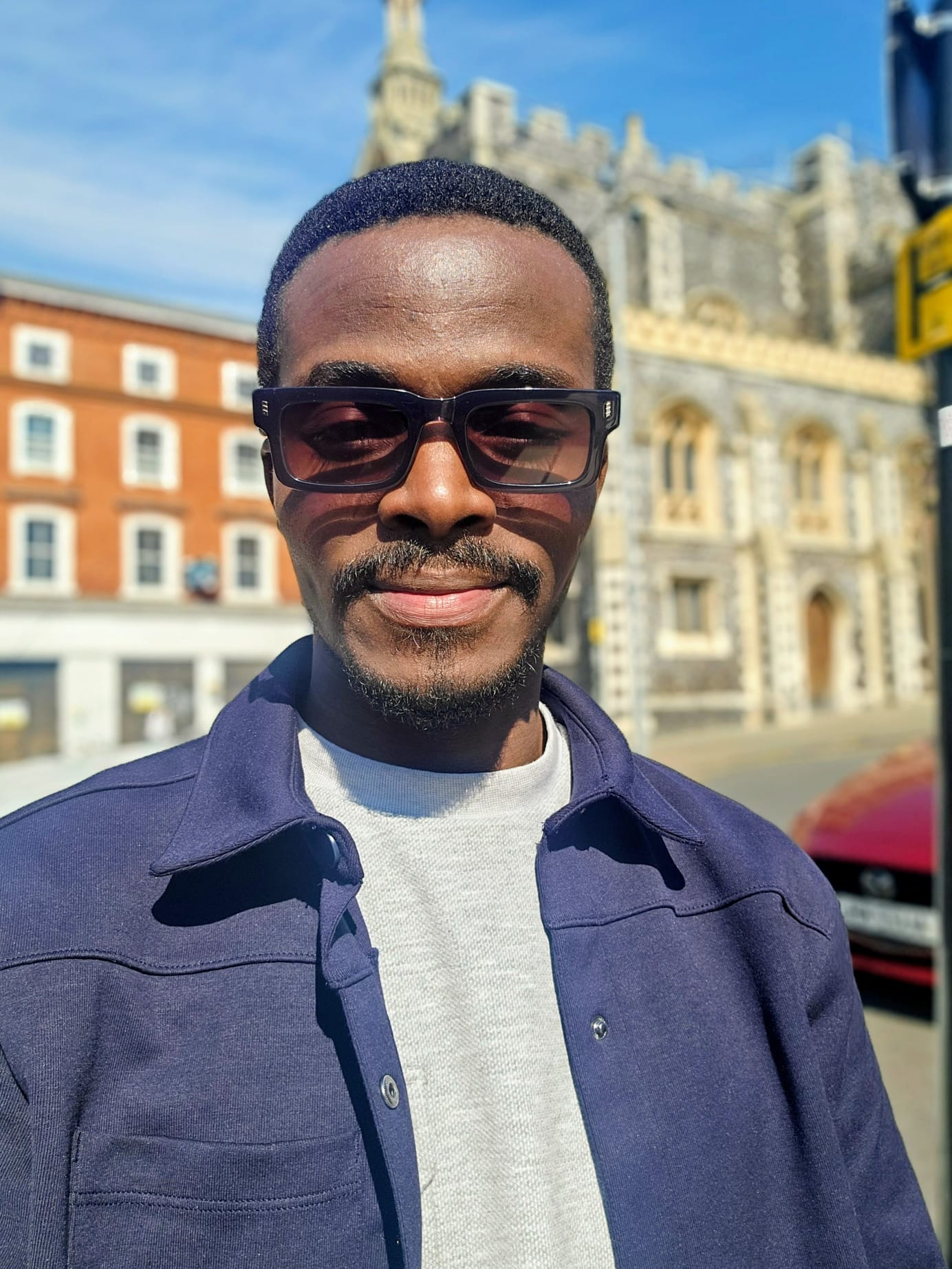


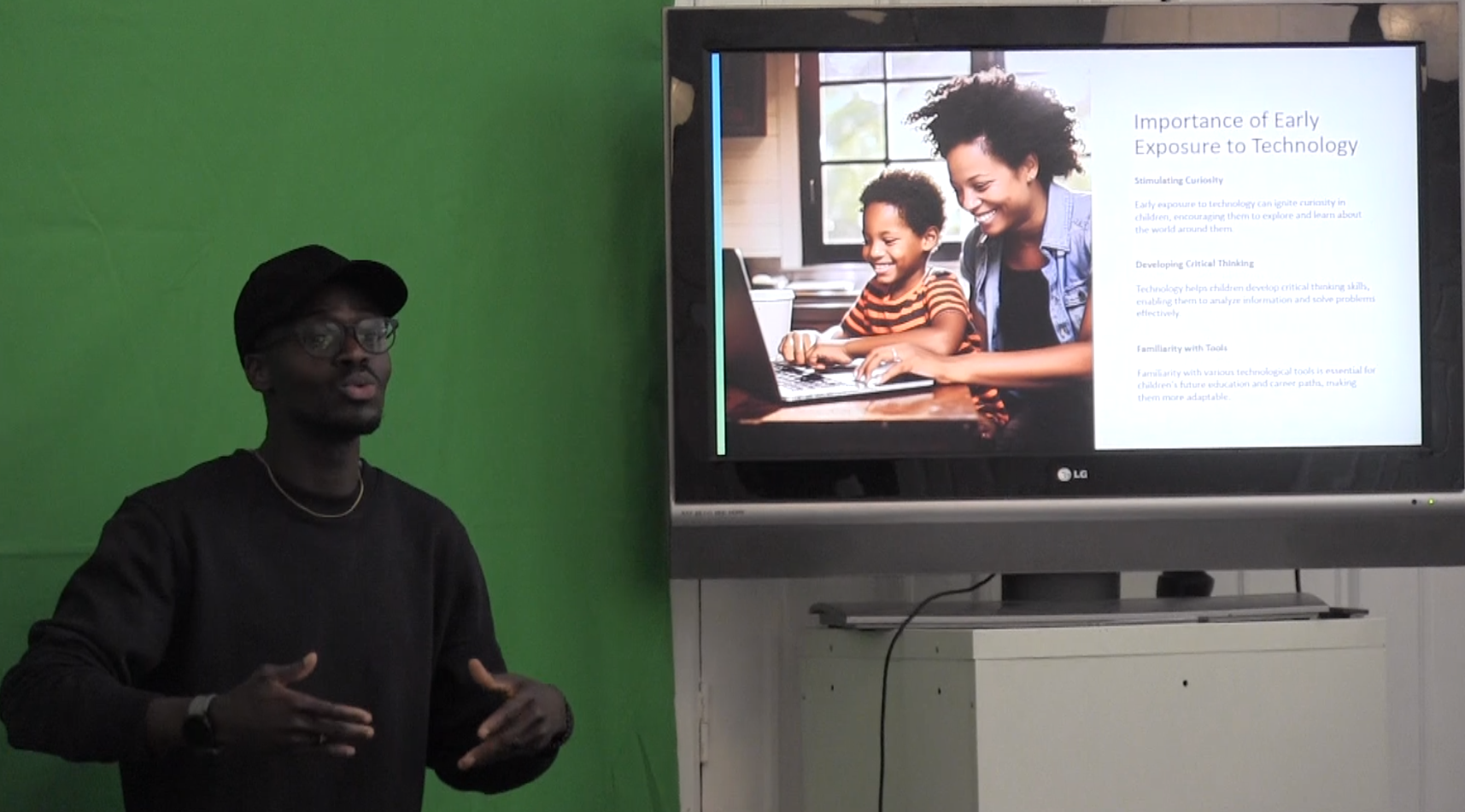



Leave a Reply